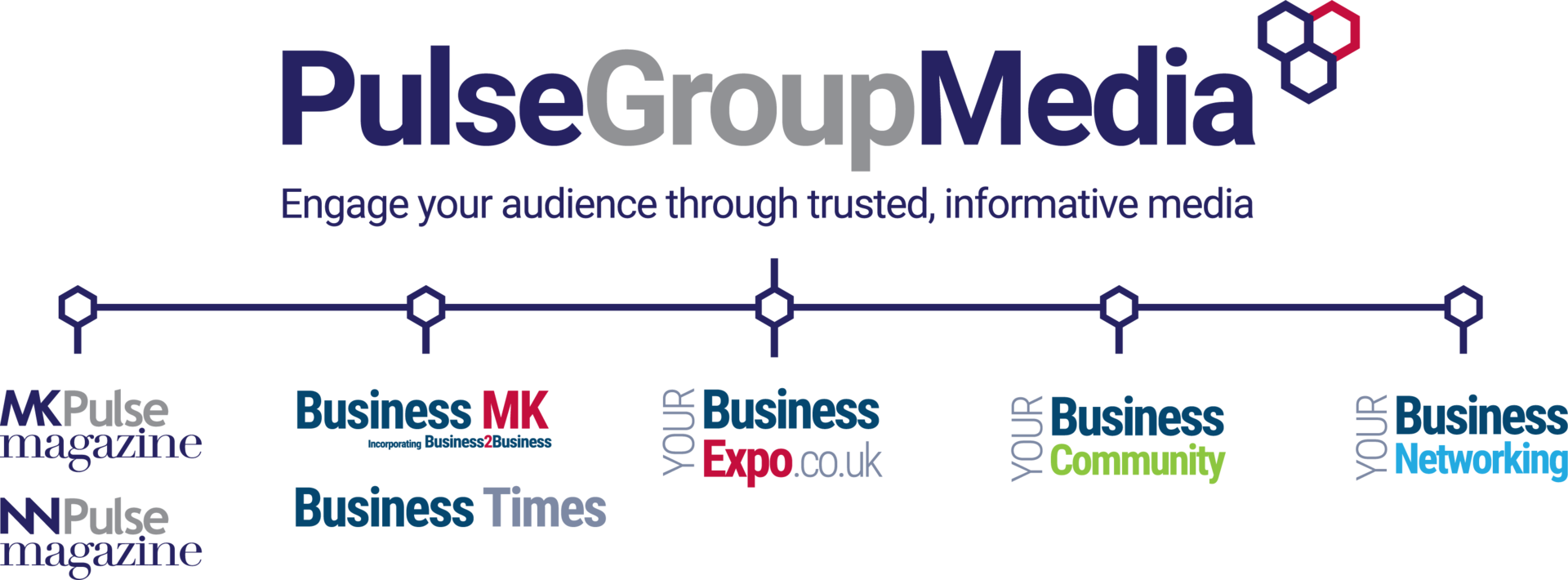How To Use Testimonials and Endorsements
Posted on 4th February 2020
Testimonials and endorsements are popular and engaging for everything from customer reviews about a new vegan menu to a classic car repair.
Genuine feedback from satisfied customers is a powerful way to give people confidence to use your products or services.
However, they must be accurate, based on real experiences and they mustn’t be misleading. The Advertising Standards Authority (ASA) has a Code of Non-broadcast Advertising and Direct & Promotional Marketing, known as the CAP Code.
Here is some advice, based on the CAP Code, to help you make sure you are up to the standard when you share your customer comments, whether you’re using them in your printed advertising, on social media, online or in your leaflets and flyers.
Genuine – Confidence in online reviews like Google Reviews or Trusted Trader has been affected by the wider concerns over ‘fake news’. This means that it’s important to keep evidence that any testimonials and endorsements you use are from real customers and that they are accurate. Ideally, keep a copy of your invoice with their contact names and details.
Permission – no matter how happy your customers are, they might not want you to use their name, job role or location in your advertising, so it’s important to ask permission and to keep their response, whether it’s in a letter or email, for example. If you ask for permission over the phone, you can send them an email to confirm your conversation.
Don’t mislead – for example, if you show ‘Before and After’ photographs of a building renovation they should accurately show the work you did and, if necessary, when it was completed.
Honesty – if you have given people incentives to write positive reviews of your business in their blog, for example, you must make this clear. The ASA provides a guide on how to work with influencers.
Problems in print
A printed advertisement for a well-known supermarket compared their prices for a basket of products with one of their competitors, suggesting that customers could ‘swap and save’. Their competitor said that the comparison was unfair and, while details of the comparison were given in the ‘small print’, the emphasis of the advertisement was misleading. The ASA agreed.
Press advertisements for an online retailer included a caption ‘As used by celebrities.’ The retailer didn’t have any evidence to support their claim. The ASA decided that the suggestion that celebrities had bought and endorsed the product was misleading. Not good!
In a regional press advertisement, a hypnotist included an NHS logo and someone complained that this implied that they were endorsed by National Health Service. Although the hypnotist was a member of the NHS Directory of Complementary and Alternative Practitioners, the ASA said that use of the NHS logo implied an endorsement that the provider didn’t have.
All of this goes to show that, while endorsements and testimonials are great ways to attract attention and show how good your business is, your advertising must always be clear, open and honest.
Get in touch if you would like to know more.
Tagged as: Endorsements, Testimonials
Share this post:






